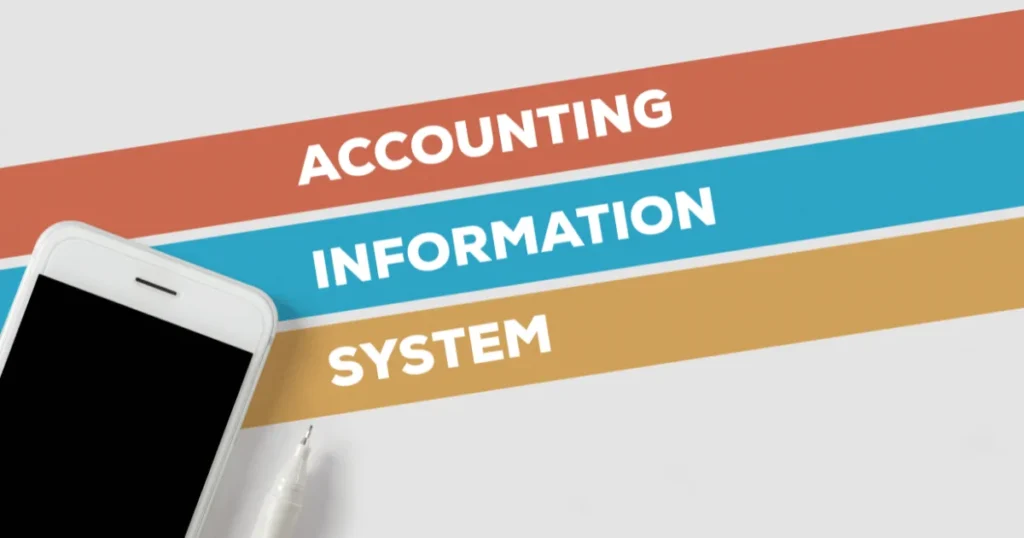Accounting is a fundamental aspect of every business, regardless of its size or industry. In this blog post, we will delve into the world of accounting to help you understand its importance, key principles, and different types. Whether you are a business owner, student, or simply interested in learning more about accounting, this comprehensive guide will provide you with valuable insights into this essential discipline.

What is Accounting?
Accounting is often referred to as the “language of business” as it involves the process of recording, summarizing, analyzing, and interpreting financial transactions. It provides vital information to stakeholders for decision-making, planning, and control purposes. Without accounting, businesses would not be able to track their financial performance or communicate their financial health to external parties.
Importance of Accounting
Financial Reporting
One of the primary functions of accounting is to prepare financial statements that reflect the financial position and performance of a business. These statements, including the balance sheet, income statement, and cash flow statement, provide valuable information to investors, creditors, and other stakeholders.
Decision Making
Accounting information plays a crucial role in decision-making processes within an organization. Managers use financial data to assess the profitability of products or services, evaluate performance, and make strategic decisions for the future.
Compliance
Accounting also ensures that businesses comply with legal and regulatory requirements. By maintaining accurate and transparent financial records, companies can avoid penalties and legal issues related to taxation, financial reporting, and other areas.
Key Principles of Accounting
Accrual Principle
The accrual principle states that revenue should be recognized when it is earned, regardless of when the cash is received. Similarly, expenses should be recognized when they are incurred, not necessarily when they are paid.
Matching Principle
The matching principle requires that expenses should be matched with the revenues they help generate. This principle ensures that the financial statements accurately reflect the profitability of a business during a specific period.
Consistency Principle
According to the consistency principle, accounting methods and practices should remain consistent from one period to another. Consistency enhances comparability and allows stakeholders to analyze trends over time.
Materiality Principle
The materiality principle suggests that insignificant items can be disregarded if their inclusion does not impact the decision-making process of users. This principle helps accountants focus on relevant information while preparing financial reports.
Types of Accounting
Financial Accounting
Financial accounting focuses on external reporting and provides information to investors, creditors, and regulatory bodies. It follows generally accepted accounting principles (GAAP) and aims to present a true and fair view of a company’s financial performance.
Managerial Accounting
Managerial accounting is geared towards internal users, such as managers and decision-makers within an organization. It involves preparing budgets, forecasting financial outcomes, and analyzing performance to support strategic planning and control activities.
Tax Accounting
Tax accounting deals with complying with tax regulations and preparing tax returns for businesses and individuals. Tax accountants help optimize tax strategies while ensuring compliance with applicable laws and regulations.
The Accounting Cycle
The accounting cycle is a series of steps that accountants follow to record financial transactions, prepare financial statements, and close the books at the end of an accounting period. The cycle typically includes the following stages:
- Identifying Transactions: Recording all relevant financial transactions.
- Journalizing: Entering transactions in the general journal.
- Posting: Transferring journal entries to the general ledger.
- Trial Balance: Ensuring debits equal credits before preparing financial statements.
- Adjusting Entries: Making adjustments for accrued expenses, prepayments, and other items.
- Financial Statements: Preparing the income statement, balance sheet, and cash flow statement.
- Closing Entries: Closing revenue and expense accounts to start a new accounting period.
Careers in Accounting
Accounting offers a wide range of career opportunities for individuals with diverse skills and interests. Some common accounting roles include:
- Certified Public Accountant (CPA): Licensed professionals who provide auditing, tax, and consulting services.
- Financial Analyst: Analyze financial data to support investment decisions and strategic planning.
- Auditor: Review financial records to ensure compliance with regulations and internal policies.
- Management Accountant: Provide financial insights to help organizations make informed business decisions.
- Forensic Accountant: Investigate financial discrepancies and fraud within organizations.
Emerging Trends in Accounting
The accounting profession is constantly evolving due to technological advancements and changing business landscapes. Some emerging trends in accounting include:
- Automation: The use of AI and machine learning to streamline routine accounting tasks.
- Cloud Accounting: Moving financial data and processes to cloud-based platforms for increased accessibility and collaboration.
- Data Analytics: Leveraging big data analytics to extract valuable insights for decision-making.
- Sustainability Reporting: Integrating environmental, social, and governance (ESG) factors into financial reporting for sustainable business practices.
Ethical Considerations in Accounting
Ethics play a critical role in accounting to ensure integrity, transparency, and trust in financial reporting. Accountants are expected to adhere to ethical standards such as:
- Confidentiality: Protecting sensitive financial information from unauthorized disclosure.
- Integrity: Acting honestly and avoiding conflicts of interest in professional activities.
- Objectivity: Providing unbiased and independent opinions in financial reporting.
- Professional Competence: Maintaining up-to-date knowledge and skills to perform accounting duties effectively.
Resources for Learning Accounting
Whether you are a student studying accounting or a professional looking to enhance your skills, there are numerous resources available to support your learning journey:
- Online Courses: Platforms like Coursera, Udemy, and edX offer a wide range of accounting courses for beginners to advanced learners.
- Professional Associations: Joining organizations like the American Institute of CPAs (AICPA) or the Association of Chartered Certified Accountants (ACCA) provides access to networking opportunities and professional development resources.
- Books: Explore accounting textbooks and reference guides authored by experts in the field for in-depth knowledge on accounting concepts and practices.
- Certification Programs: Pursuing certifications such as CPA, CMA (Certified Management Accountant), or CIA (Certified Internal Auditor) can enhance your credentials and career prospects in accounting.
Conclusion
Accounting serves as the backbone of every business operation by providing critical financial information for decision-making, compliance, and performance evaluation. By understanding the key principles, types, and processes involved in accounting, individuals can gain valuable insights into this dynamic field and explore rewarding career opportunities. Whether you aspire to become a CPA, financial analyst, or pursue a career in forensic accounting, mastering the fundamentals of accounting is essential for success in today’s competitive business environment.
Read more : What is Financing?


